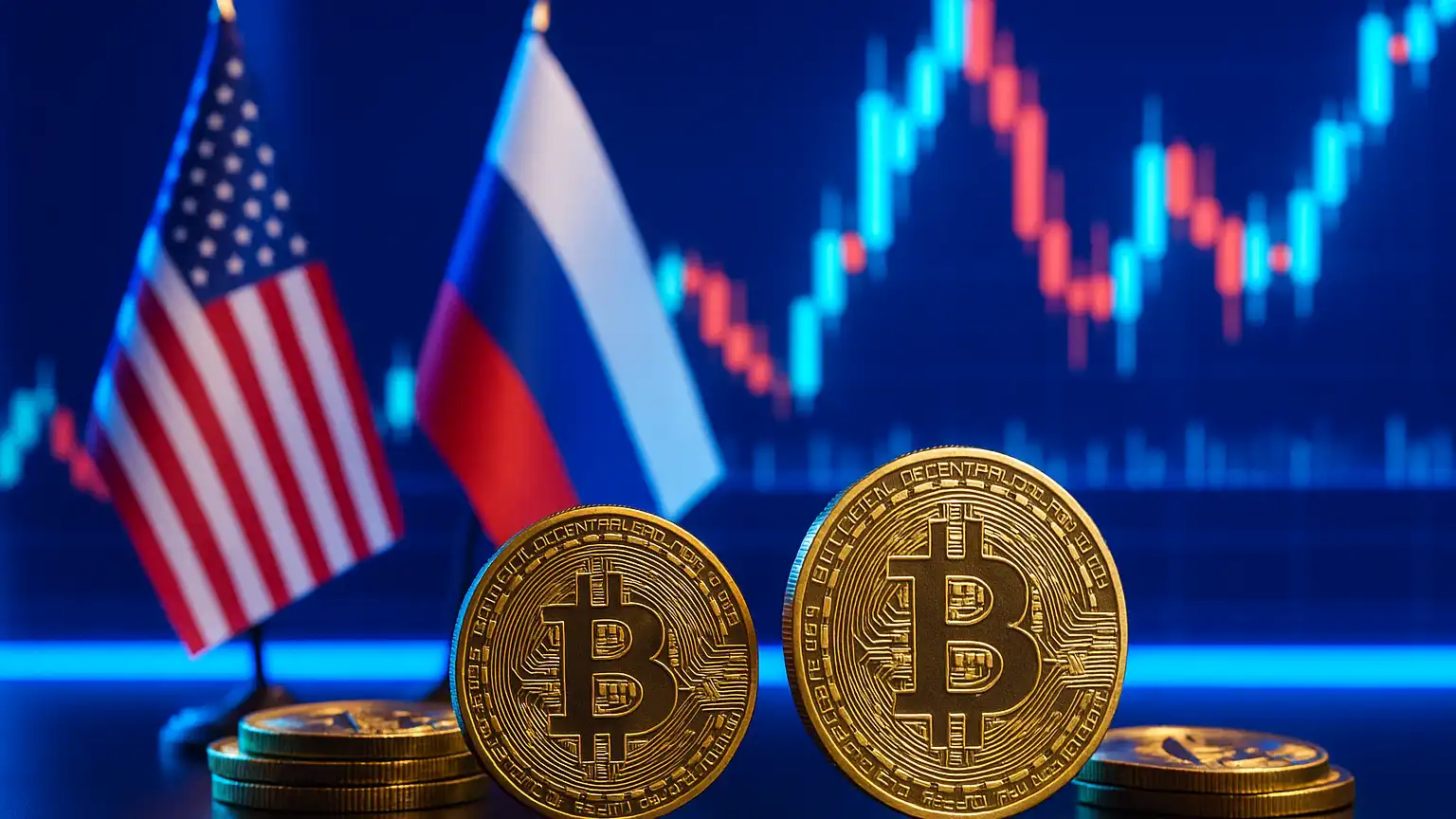US Intensifies Sanctions Against Russian Crypto Exchanges Garantex and Grinex Over Cybercrime Links
Introduction
In a significant move to combat cybercrime and enforce international sanctions, the United States Department of the Treasury has intensified its actions against Russian cryptocurrency exchanges Garantex and its successor, Grinex. These platforms have been implicated in facilitating illicit financial activities, including money laundering for ransomware groups and other cybercriminals.
The Rise of Garantex
Garantex, established in late 2019 and originally registered in Estonia, has been a focal point for authorities due to its involvement in processing over $100 million in transactions linked to illicit actors, including darknet markets and ransomware groups. In February 2022, Estonia’s Financial Intelligence Unit revoked Garantex’s license after uncovering critical anti-money laundering deficiencies and connections to wallets used for criminal activities. Despite these sanctions, Garantex continued operations, leading to further international scrutiny.
International Takedown Efforts
In March 2025, a coordinated international effort led by the U.S. Secret Service, in partnership with German and Finnish law enforcement, resulted in the seizure of Garantex’s web domains and the freezing of over $26 million in cryptocurrency assets controlled by the exchange. Concurrently, the U.S. Department of Justice unsealed indictments against Garantex executives, including co-founder and Chief Commercial Officer Aleksandr Mira Serda and technical administrator Aleksej Besciokov. Besciokov was subsequently arrested in India, highlighting the global reach of law enforcement in addressing cybercrime.
The Emergence of Grinex
Following these enforcement actions, Garantex attempted to circumvent sanctions by rebranding as Grinex. This successor platform transferred customer funds from Garantex and utilized the A7A5 token, issued by Kyrgyzstan-based firm Old Vector, to restore access after the seizures. The A7A5 token is backed by Russia’s state-owned Promsvyazbank, previously sanctioned for financing the defense industry. In response, the U.S. Treasury’s Office of Foreign Assets Control (OFAC) imposed sanctions on Grinex, Old Vector, and associated entities, effectively blocking them from the U.S. financial system.
Targeting Executives and Affiliates
The Treasury’s actions also targeted key Garantex executives, including co-founders Sergey Mendeleev and Pavel Karavatsky, as well as affiliated companies in Russia and the Kyrgyz Republic. These measures aim to disrupt the financial networks that support cybercriminal activities and enforce compliance with international sanctions.
Reward Offers and Ongoing Commitment
The U.S. Department of State has announced substantial rewards under the Transnational Organized Crime Rewards Program, offering up to $5 million for information leading to the arrest or conviction of Aleksandr Mira Serda and up to $1 million for other key leaders of Garantex. This initiative underscores the commitment to dismantling illicit financial infrastructures and holding accountable those who facilitate cybercrime.
Bottom Line
The case of Garantex and Grinex illustrates the evolving challenges in regulating cryptocurrency exchanges and preventing their misuse for illicit purposes. It highlights the necessity for robust international cooperation and the implementation of stringent anti-money laundering measures within the crypto industry. As authorities continue to adapt to the rapidly changing digital financial landscape, the focus remains on safeguarding the integrity of the global financial system and protecting it from exploitation by malicious actors.



